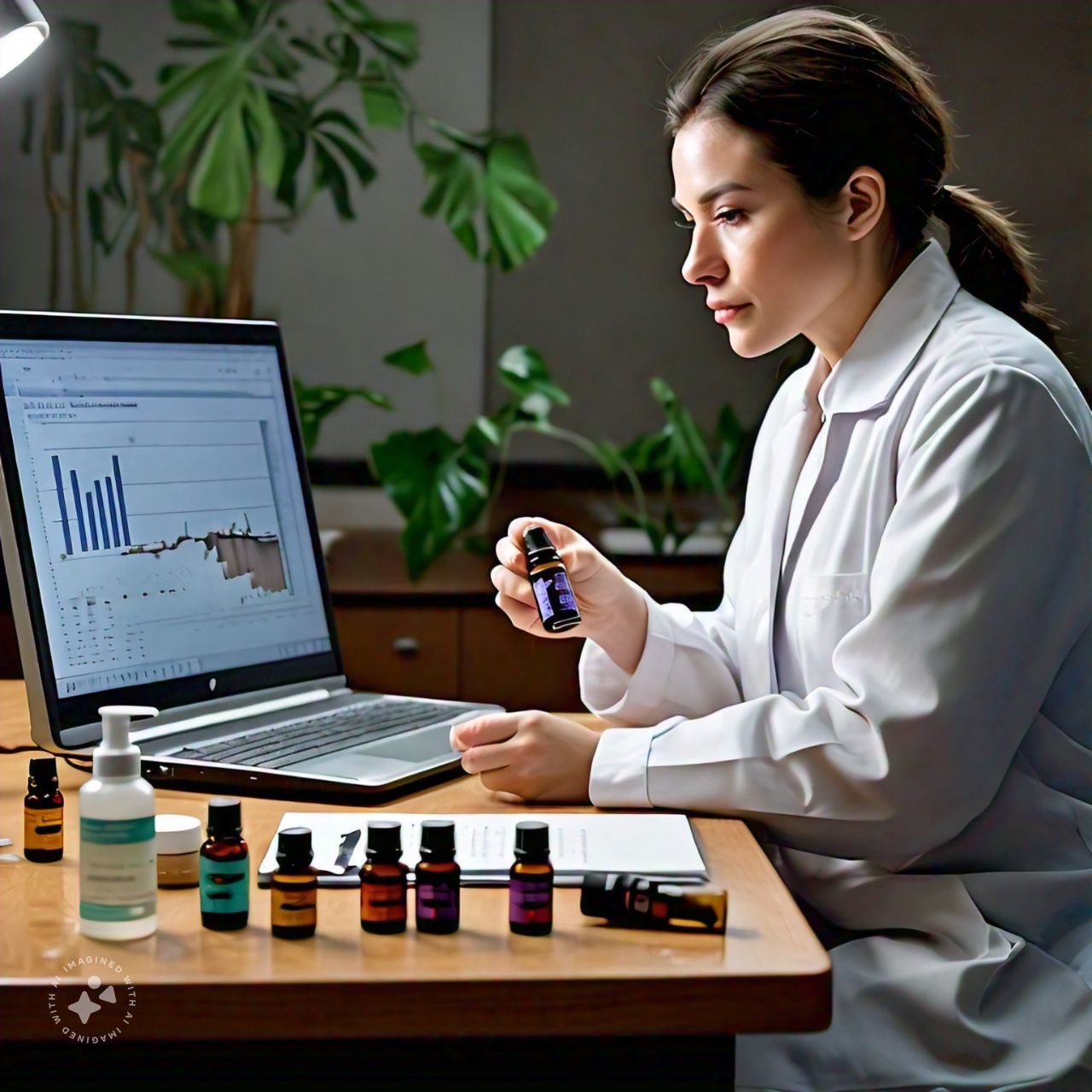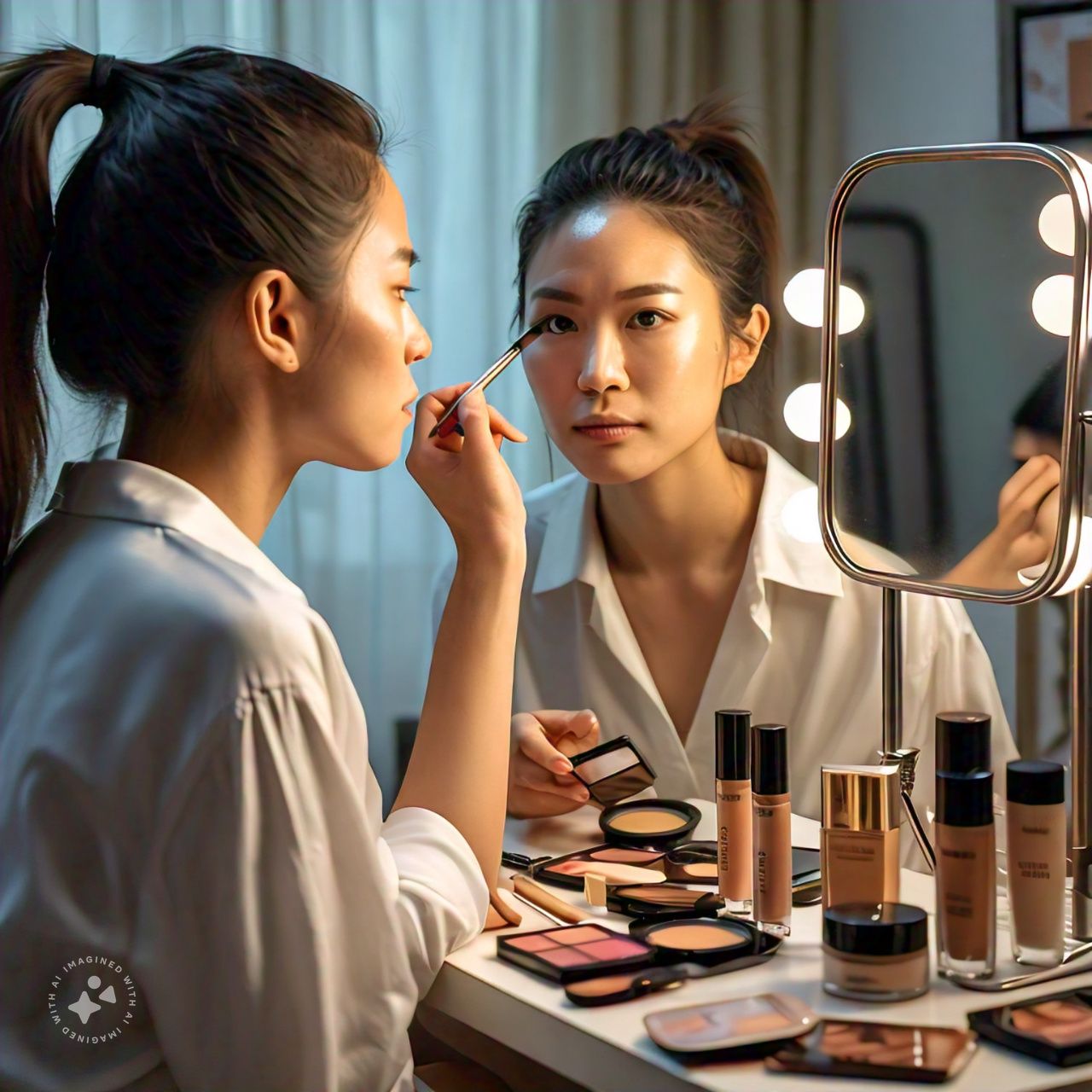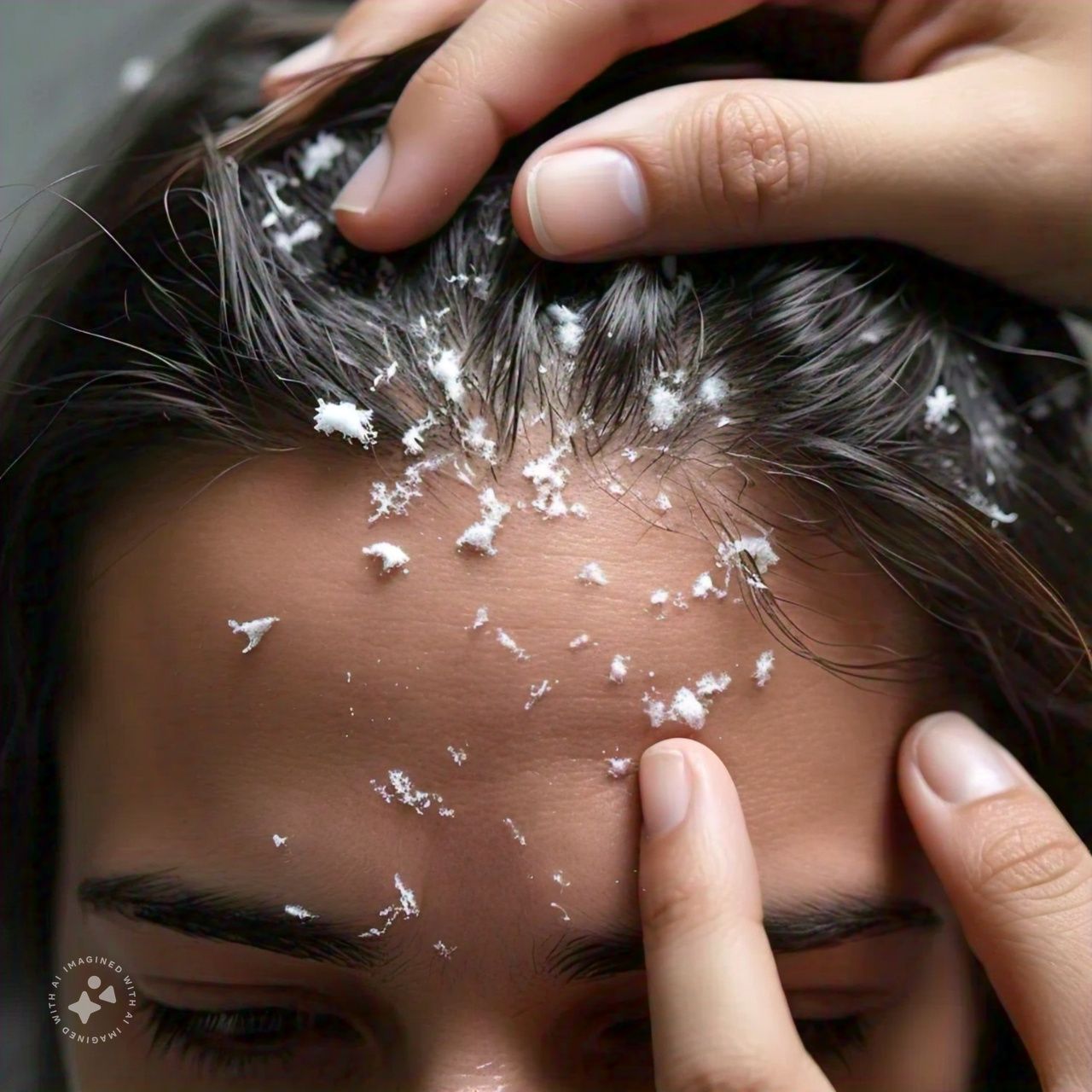
Are Essential oils truly good for your skin?
Essential oils have gained popularity in recent years, with many claiming they can work wonders for the skin. But do they truly live up to the hype? Let’s dive into the world of essential oils and explore their effects on skin health.
What are Essential Oils?
Essential oils are concentrated plant extracts, often obtained through steam distillation or cold pressing. They contain potent compounds that can be beneficial for the skin, but also potentially harmful if used improperly.
Benefits of Essential Oils for Skin
Some essential oils have been shown to:
– Reduce inflammation and acne (tea tree oil, lavender oil)
– Improve skin elasticity and reduce fine lines (frankincense oil, rose oil)
– Soothe and calm irritated skin (chamomile oil, bergamot oil)
– Act as natural antiseptics and antimicrobials (lemon oil, eucalyptus oil)
Potential Risks and Side Effects
However, essential oils can also:
– Cause skin irritation, allergic reactions, and contact dermatitis
– Interact with medications or exacerbate skin conditions like eczema or rosacea
– Be phototoxic, leading to sun damage or dark spots (bergamot oil, lemon oil)
Using Essential Oils Safely and Effectively
To reap the benefits while minimizing risks:
– Always dilute essential oils with a carrier oil (coconut oil, jojoba oil)
– Perform patch tests before using a new essential oil
– Start with small amounts and gradually increase as needed
– Consult with a healthcare professional or certified aromatherapist
The Bottom Line
Essential oils can be a valuable addition to your skincare routine when used responsibly and in moderation. Remember to prioritize patch testing, dilution, and sun protection to ensure a positive experience. While essential oils are not a miracle solution, they can be a natural and effective way to promote healthy, glowing skin.
Thanks for stopping by…..



